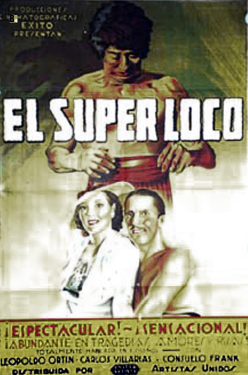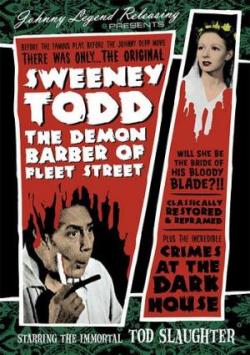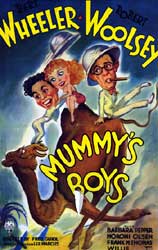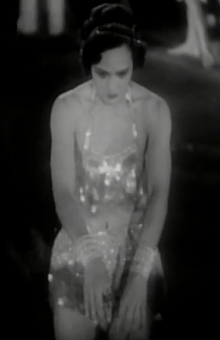In a time of conflict between Queen Elizabeth I of England (Flora Robson) and King Philip II of Spain (Raymond Massey), an English privateer ship is captured, resulting in young Michael Ingolby (Laurence Olivier) recovering in secret with a Spanish friend of his father’s and that man’s daughter Elena (Tamara Desni). He returns to England, and his fiancée Cynthia (Vivien Leigh), where his outspoken nature and good looks gets the Queen’s attention. When the traitor Hillary Vane (James Mason) is discovered, Ingolby is sent to Spain in his place, to spy, and again runs into Elena, now married to Don Pedro (Robert Newton).
It’s hard not to take this as a first run at making The Sea Hawk. It has essentially the same plot, the same concern with historical accuracy (i.e. none), the same actress playing Queen Elizabeth, and perhaps most importantly, the same theme. Spain is a stand-in for Germany and the Inquisition fills in for Nazi philosophy. It’s a propaganda film for a war that was forming, while The Sea Hawk was one for a war that was in full bloom. There’s a great deal of talk of the freedom of England compared to the tyranny of Spain. (Free England… Under a dictator… Huh.)
In place of Errol Flynn we have Olivier, who is handsome, but lacks Flynn’s dynamism. He never manages to make his too-loud youth likable as Flynn did with Geoffrey Thorpe. His Ingolby and Leigh’s Cynthia come off as obnoxious brats. Sometimes being pretty isn’t enough.
Fire Over England also lacks the fast movement, witty dialog, and combat, making this a costume drama, not a Swashbuckler. But it is filmed beautifully for its budget, there’s a bit of action, and the characters get much more interesting in the second half. The acting power (and best dialog) is not with the leads, but with the supporting actors, particularly Robson and Massey. Ninety minutes of the two of them chatting would have made for a superior film. But this film isn’t bad and all of the acting is passable, even if Olivier himself had his doubts.
Fire Over England is most famous for giving Vivien Leigh her shot at Gone With the Wind, and for the romance behind the scenes between her and Olivier.
I’d give it an extra half star if The Sea Hawk didn’t exist, but as it does, Fire Over England comes off as a demo by a talented artist and I’d rather hear the coming classic.






 Early film was filled with vaudevillians, who brought their wisecracking, audience-aware antics to the silver screen. Assuming this brand of humor was ever funny (it was before my time, and pretty much before anyone’s who is above ground), it rarely translated well to film which is both more intimate, as you can get much closer to the actor, and more impersonal, as the audience and the performer cannot interact. Yet the studios kept trying, and for a time, many vaudeville-inspired acts were popular, though time has washed most of this clean from popular culture.
Early film was filled with vaudevillians, who brought their wisecracking, audience-aware antics to the silver screen. Assuming this brand of humor was ever funny (it was before my time, and pretty much before anyone’s who is above ground), it rarely translated well to film which is both more intimate, as you can get much closer to the actor, and more impersonal, as the audience and the performer cannot interact. Yet the studios kept trying, and for a time, many vaudeville-inspired acts were popular, though time has washed most of this clean from popular culture.





